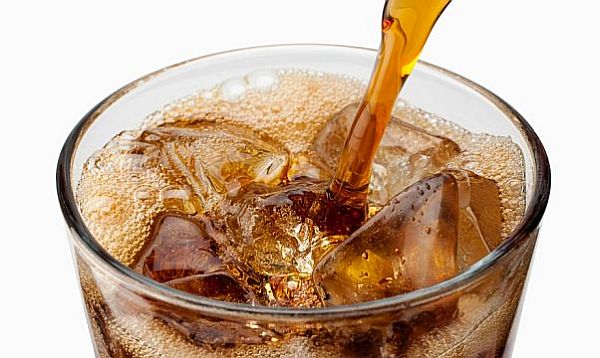banderasnews.com
Nicole Magge - BeverageManager.netMay 28, 2014

 |
| Mexico's tax on sugar sweetened drinks made an immediate impact on soft drink consumption in the country. In the first 3 months of 2014 manufacturers experienced a 4% decline in sales across the board. |
|
The Mexican government introduced a groundbreaking tax on sugar-sweetened beverages in late 2013. The tax became law in January 2014, meaning that the period January-March this year is the first in which the results of the tax can be seen.
And the results are clear.
Mexicans drink 163 liters of sweetened drinks a year - the highest consumption in the world and 40 percent more than Americans - the equivalent to 40.75 liters by every person, every three months.
But in the first three months of 2014 that total fell by 1.65 liters, a 4 percent decline.
Across the board individual drinks companies reported falls in sales of between 3.6 percent and 4.4 percent. The finance director of Coca-Cola Femsa – the biggest Coca-Cola bottler outside the United States – told analysts in a conference call it too, had experienced a 4.4 percent fall in business.
The new soft drinks tax had been set at 1 Mexican peso per liter and health advocates believed that it would reduce annual consumption by 12 percent. With only three months sales in, it remains to be seen whether that target will be reached.
It may also be that after consumers’ initial surprise at the price increase and the attendant media attention has worn off, consumption might stabilize at a 4 percent decline – or go back up to where it was before.
Mexico’s tax was introduced in response to the country’s crisis of obesity and diabetes – 32.8 percent of the population is obese, making it the fattest country in the world.
This biggest-ever real-life test of whether "sugar taxes" can work will continue be the object of worldwide fascination.

